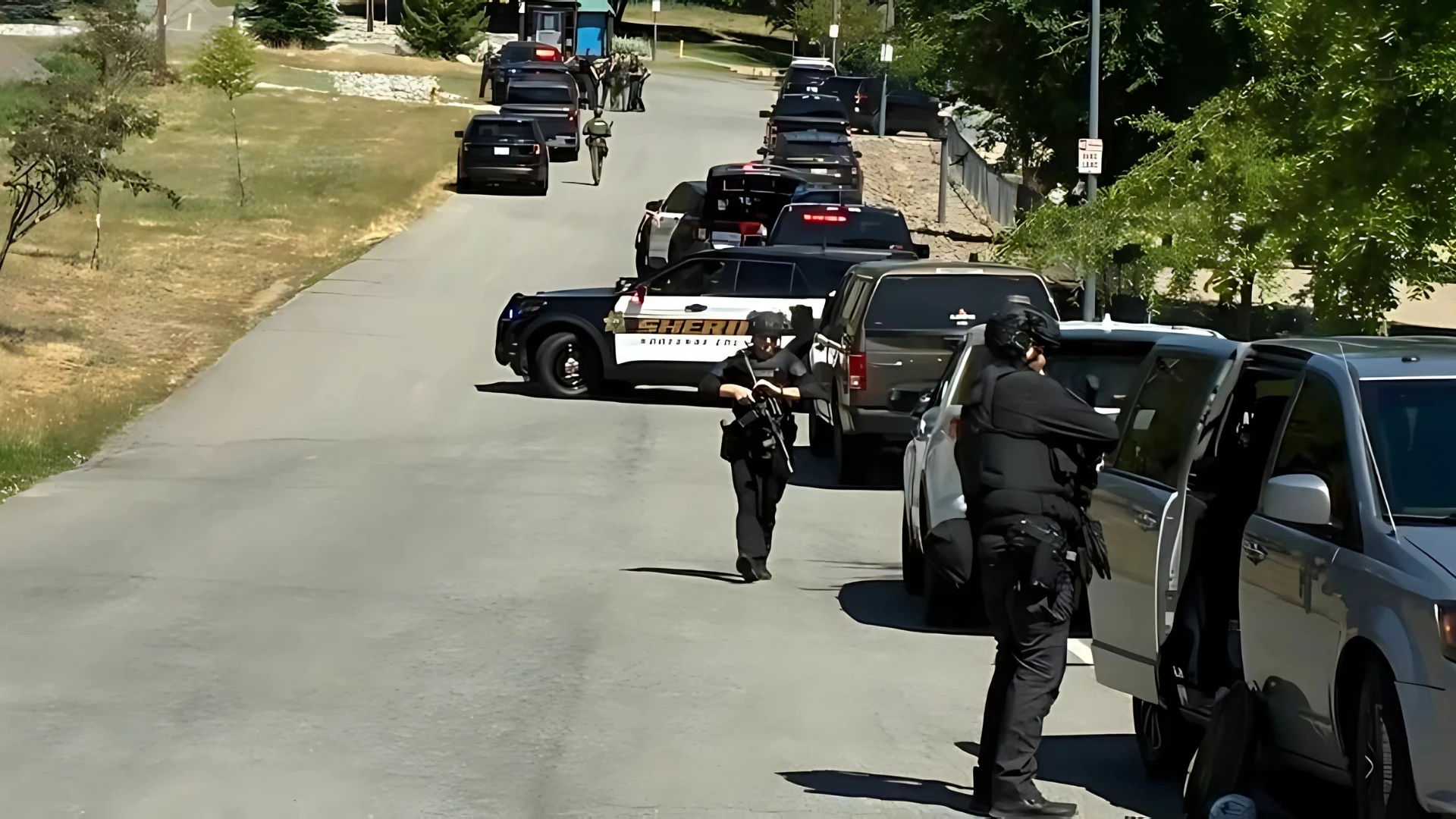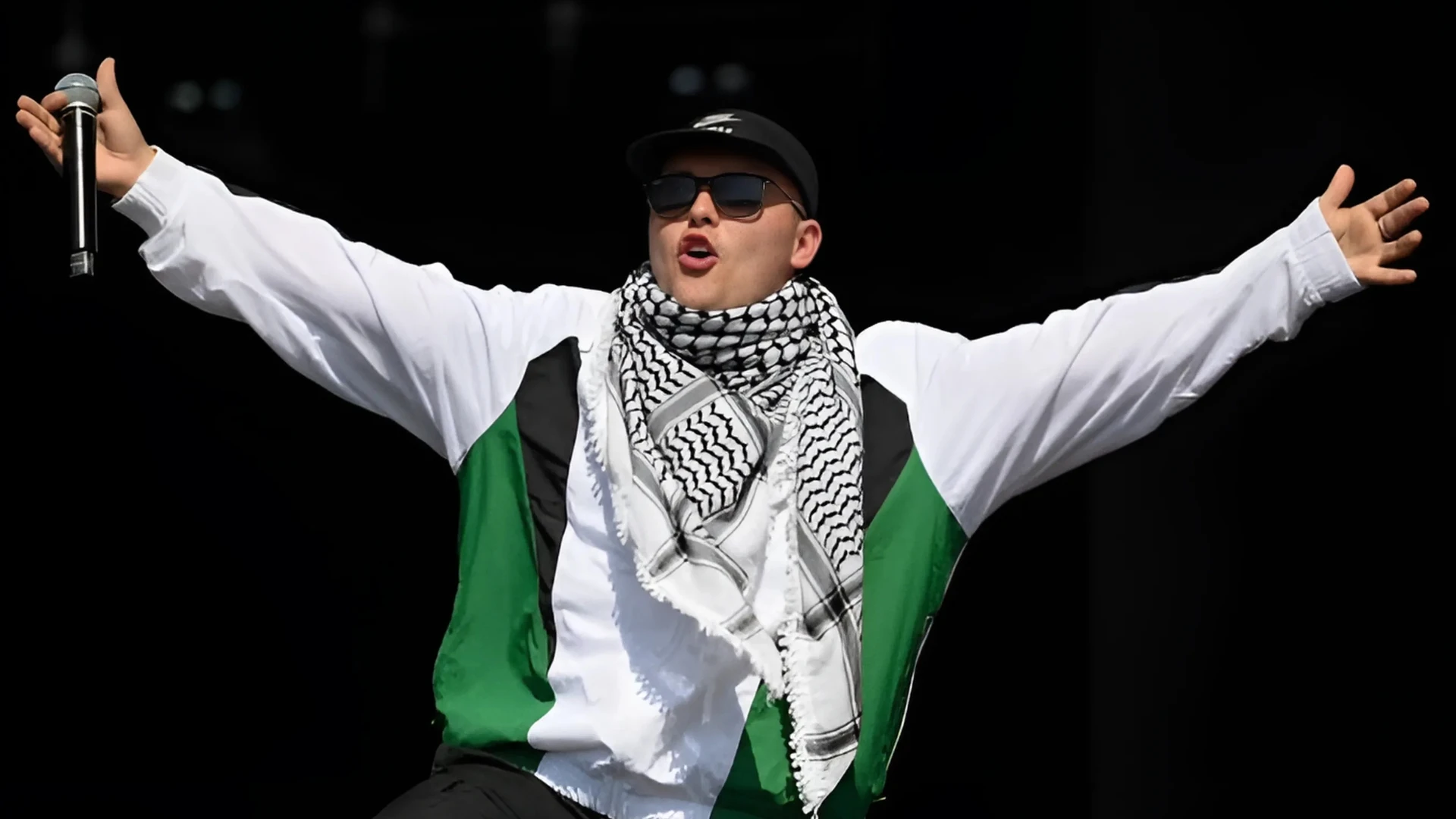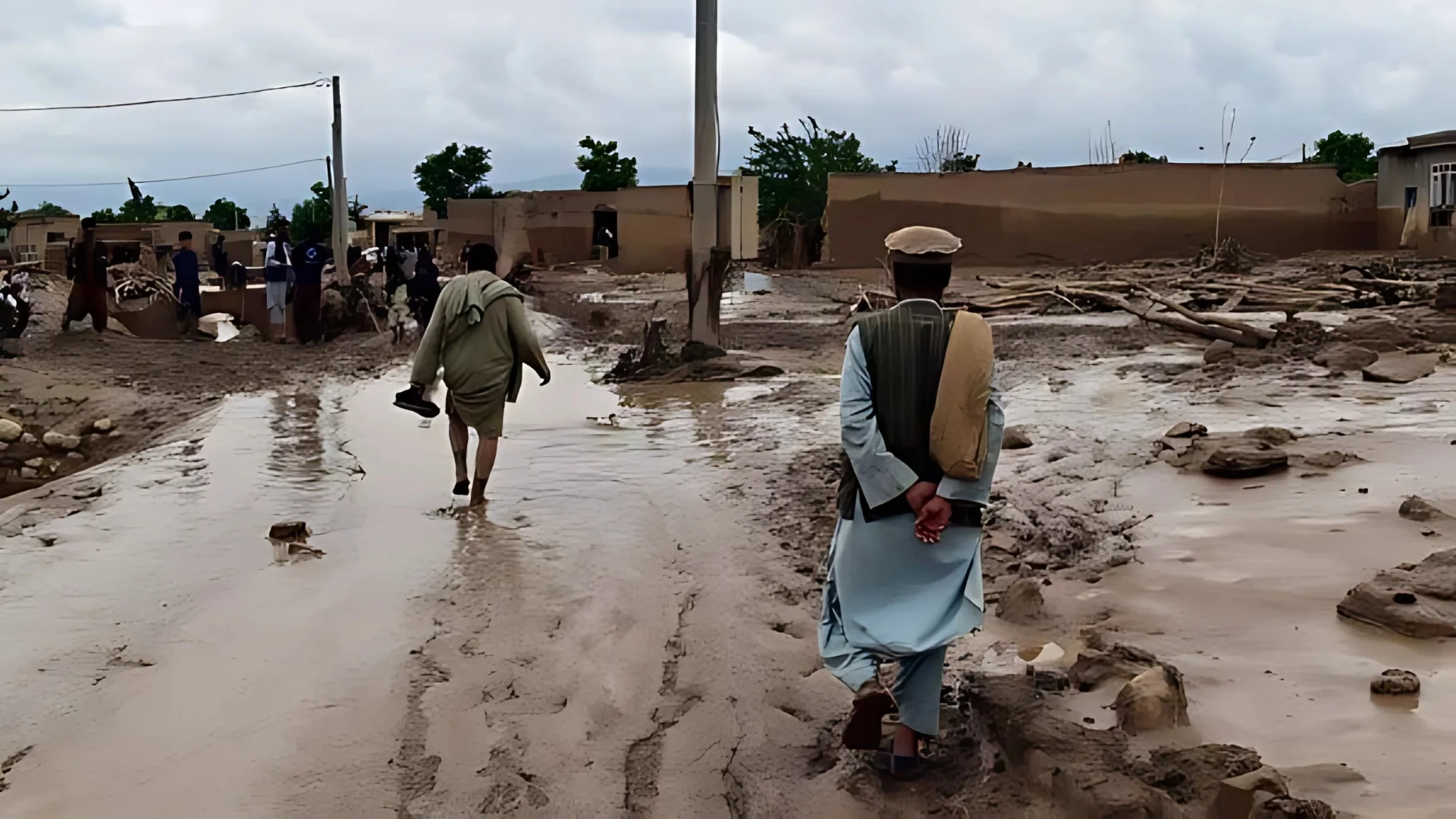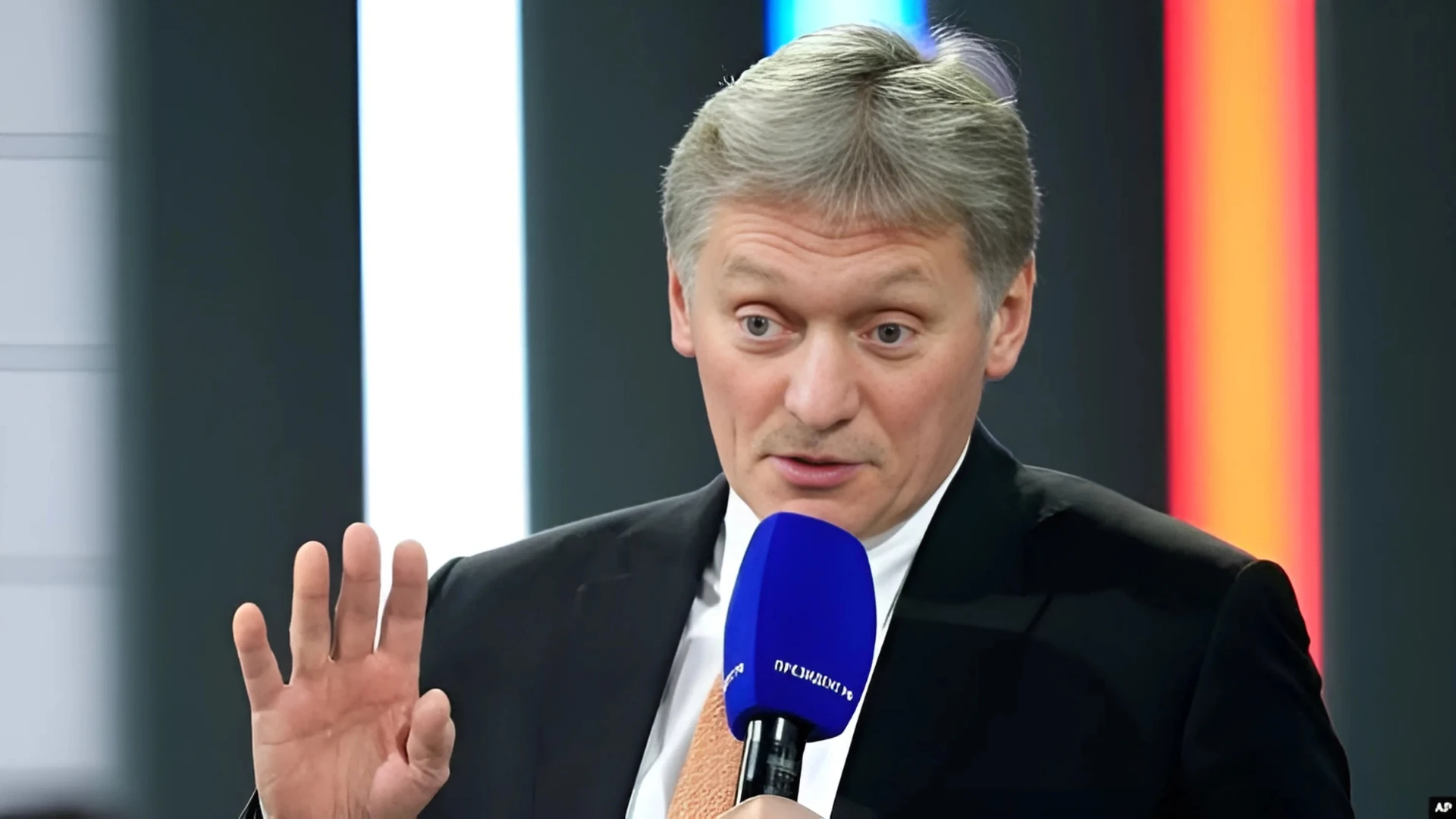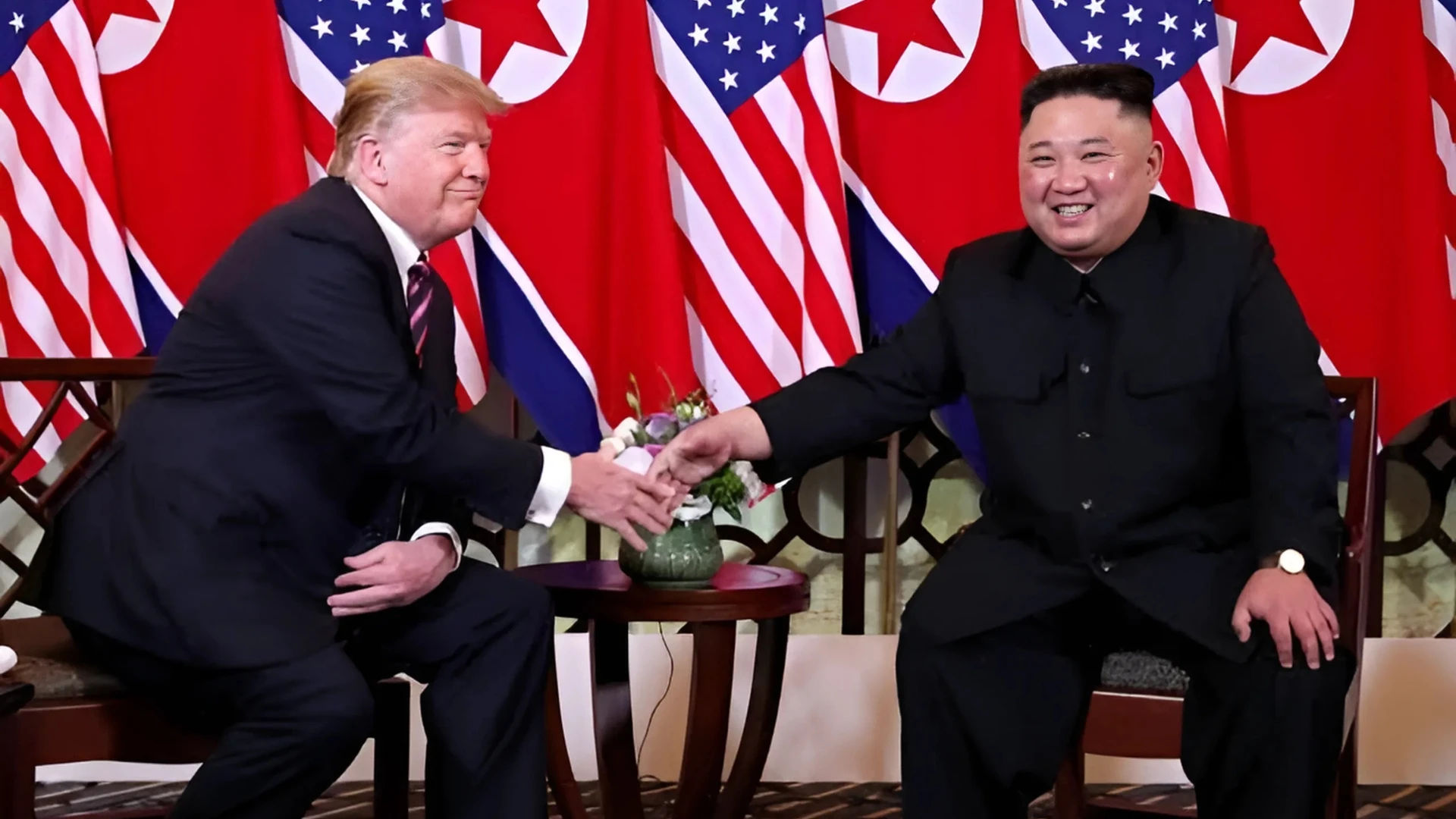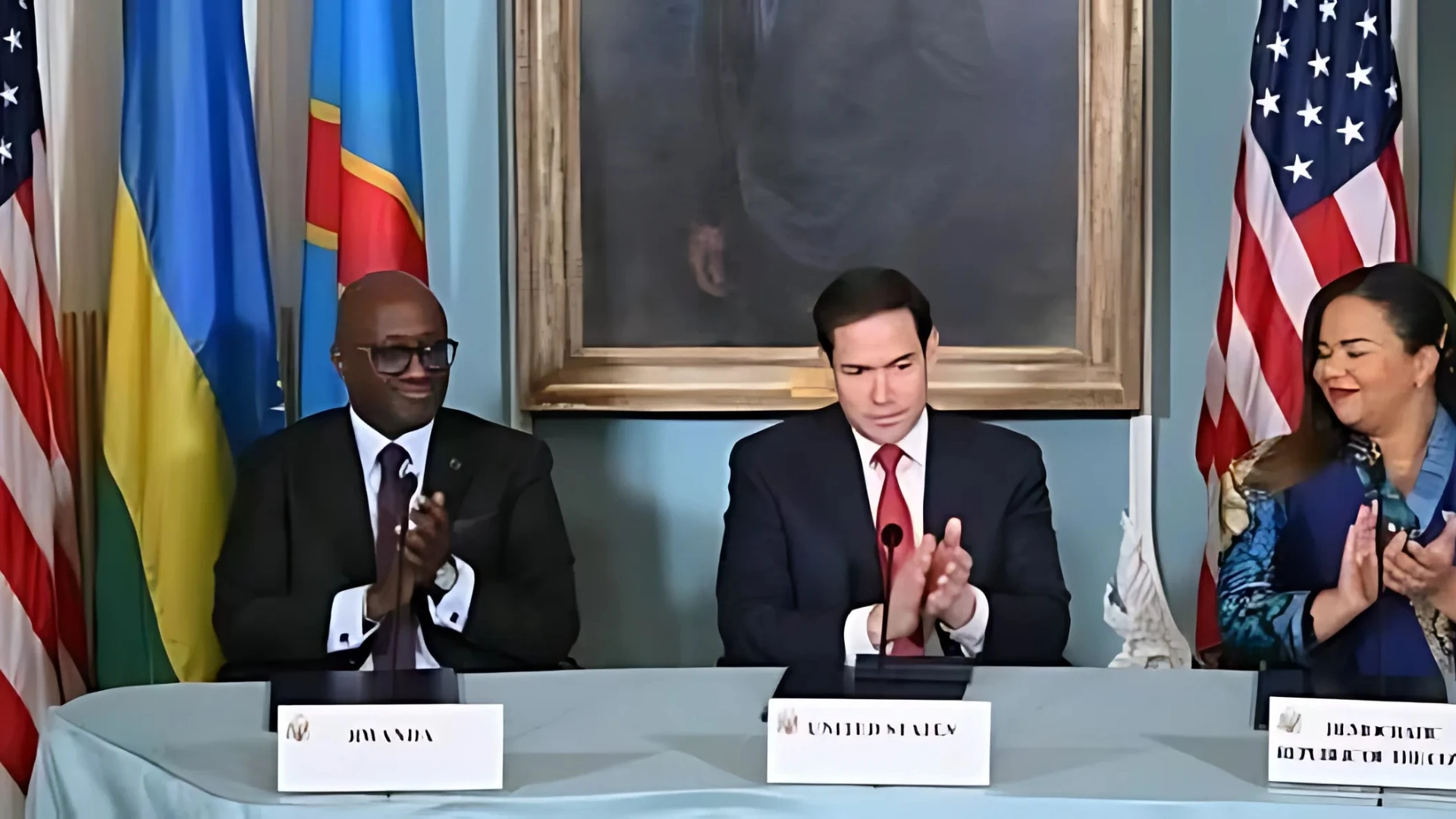Istanbul: High-stakes negotiations between Russia and Ukraine concluded on Monday at Istanbul’s historic Çırağan Palace, but ended without a breakthrough on a ceasefire, Ukrainian officials confirmed.
Ukraine’s Deputy Foreign Minister Serhiy Kyslytsya stated that Russia refused to agree to an unconditional ceasefire. “There is no readiness from the Russian side for an immediate cessation of hostilities without preconditions,” he told reporters following the talks.
However, a few humanitarian agreements were reached. Ukrainian Defense Minister Rustem Umerov confirmed that both sides agreed on the release of severely wounded or ill prisoners of war, along with combatants aged 18 to 25. The two nations also consented to the exchange of soldiers' remains.
Umerov revealed that Russia had formally submitted a memorandum outlining two separate frameworks for ending the full-scale invasion it launched over three years ago. He said Ukraine would require at least a week to review the proposals and determine its next steps.
According to Russian state media, the first framework demands Ukraine’s complete withdrawal from the Donetsk, Luhansk, Zaporizhzhia, and Kherson regions—territories Russia claimed as part of its sovereign land. A 30-day ceasefire would begin once Ukraine starts this withdrawal. Additionally, Ukrainian military forces would need to relocate to a pre-agreed distance from the Russian border.
The second option, dubbed the “package proposal,” includes broader conditions without explicitly demanding the surrender of the four contested regions. It calls for an immediate halt to Ukrainian mobilization, the beginning of demobilization, an end to foreign military aid and intelligence support, and assurances against sabotage operations inside Russian territory.
Other stipulations in the second proposal include:
- A bilateral amnesty for detained civilians
- Ukrainian presidential and parliamentary elections within 100 days after martial law ends,
- Withdrawal of all foreign military personnel from Ukraine,
- Restrictions on the movement and deployment of Ukrainian forces near the border.
Sources familiar with the talks, including a 2.5-hour meeting between Umerov and Kremlin aide Vladimir Medinsky, described the encounter as “an important step” in setting the tone for ongoing negotiations.
The Russian memorandum reiterates several long-standing Kremlin demands that are likely to face stiff resistance in Kyiv and among its Western allies. These include:
- International recognition of Russian sovereignty over Crimea and the four partially occupied regions,
- A formal commitment by Ukraine to abstain from joining any military alliances,
- Official status for the Russian language in Ukraine,
- Lifting of all bilateral sanctions and a pledge against future ones,
- Resumption of Russian gas transit through Ukraine and restoration of diplomatic and economic ties,
- Mutual renunciation of war-related damage claims,
- Structural limits on the Ukrainian military,
- A ban on “glorification of Nazism and neo-Nazism” and the dissolution of nationalist political parties,
- Reaffirmation of Ukraine’s non-nuclear status,
- Removal of legal restrictions on the Moscow-affiliated Ukrainian Orthodox Church.
Ukrainian officials have yet to issue a public response to the terms laid out in Russia’s memorandum. However, the Ukrainian delegation criticized Russia’s refusal to include the United States in the mediation process. “There needs to be a credible supervisory presence in these talks, and no one is more suited for that role than the United States,” one official said.
Umerov also disclosed that potential arrangements for a direct meeting between Ukrainian President Volodymyr Zelensky, Russian President Vladimir Putin, and possibly U.S. President Donald Trump were discussed, with late June floated as a tentative timeframe.
“We are discussing serious steps toward ending the war,” Umerov said. “These include a ceasefire, prisoner exchanges, humanitarian initiatives, and direct dialogue between leaders.”
The talks mark a rare moment of direct engagement amid a grinding conflict with no clear end in sight. However, the vast gap between Moscow’s demands and Kyiv’s red lines suggests that any path to peace remains uncertain.



